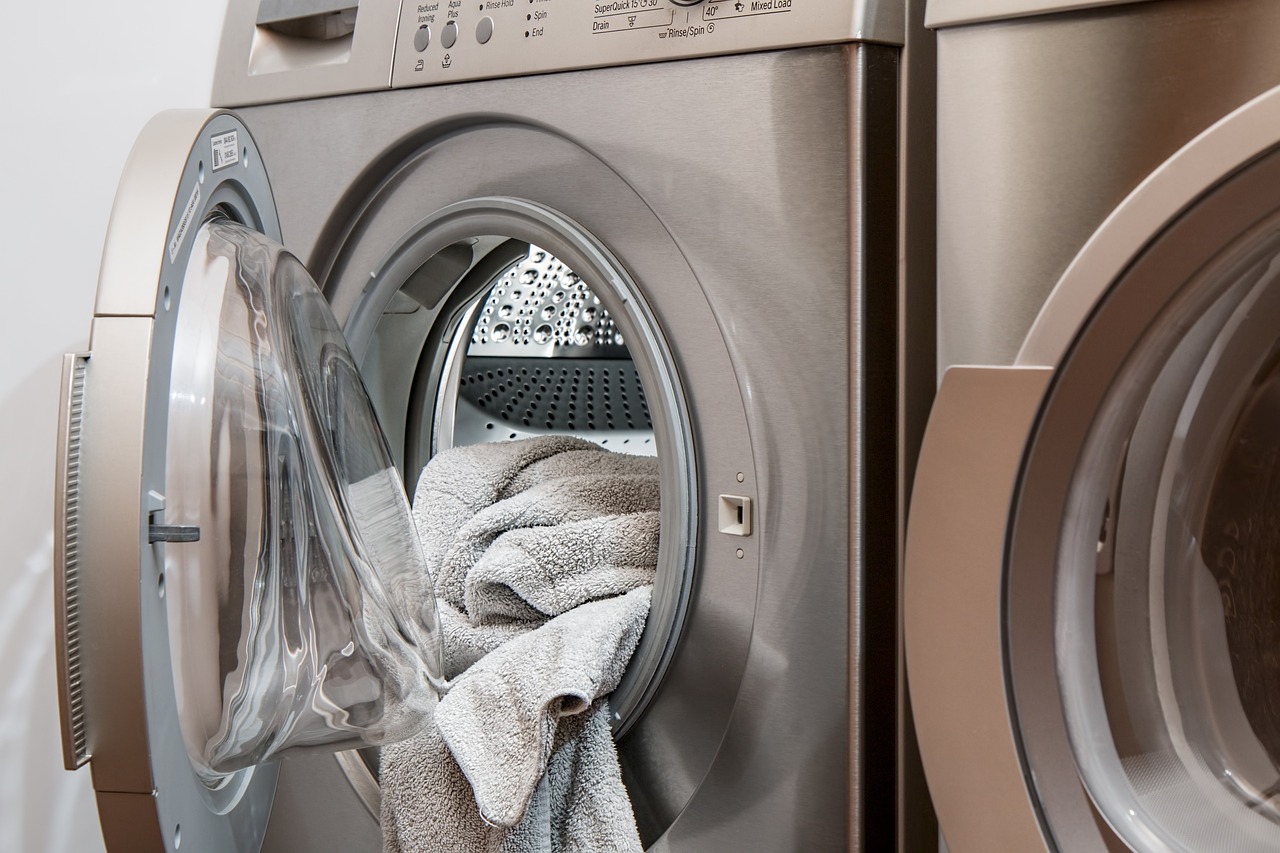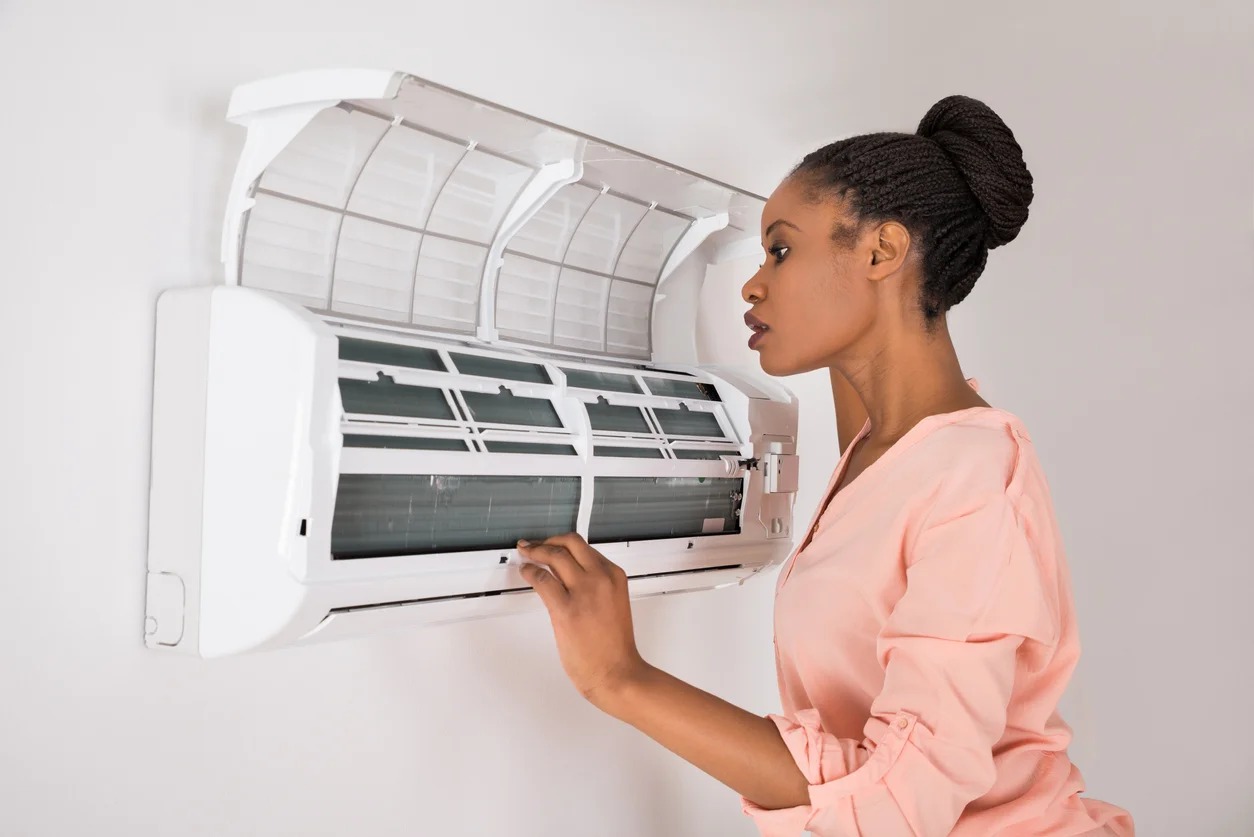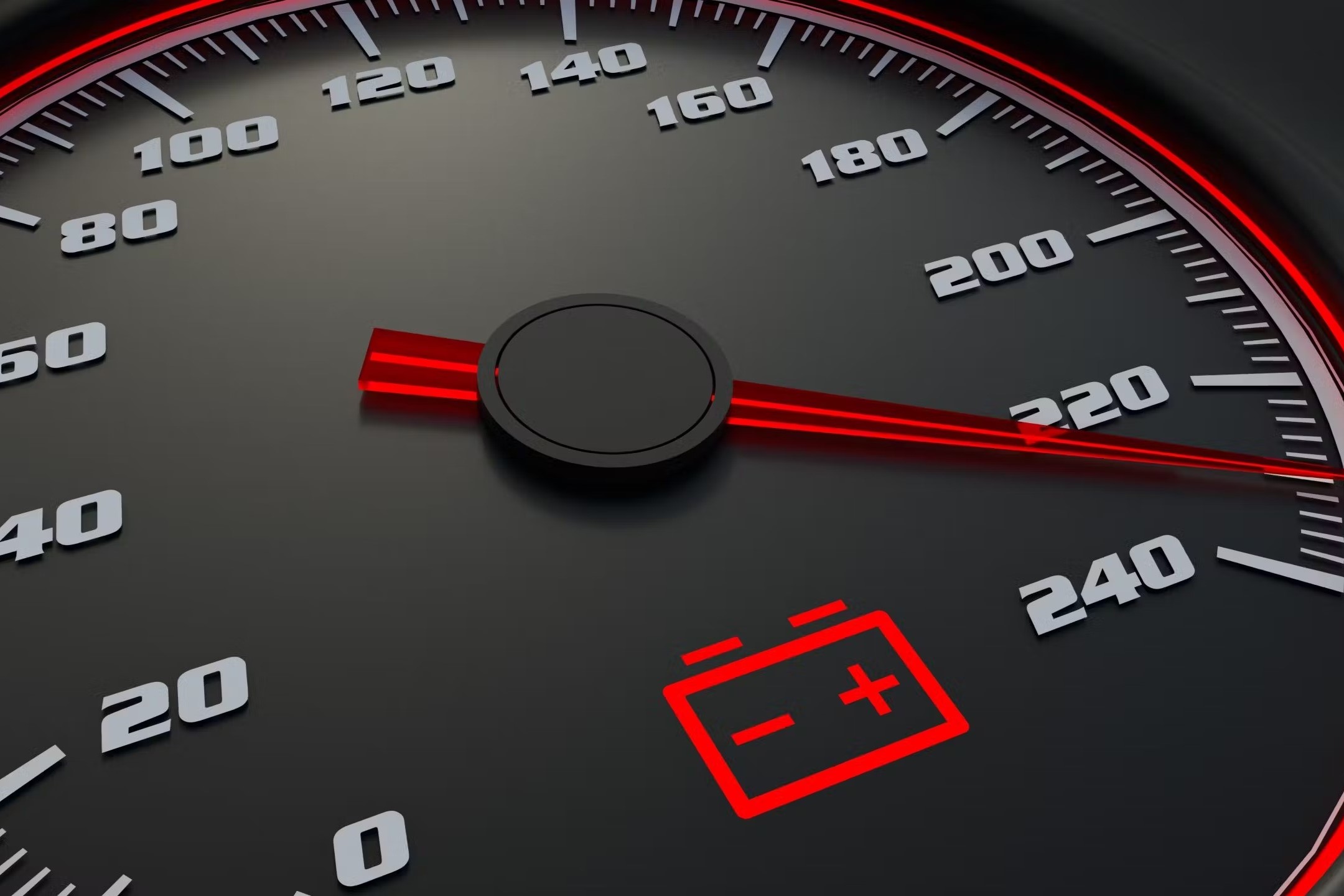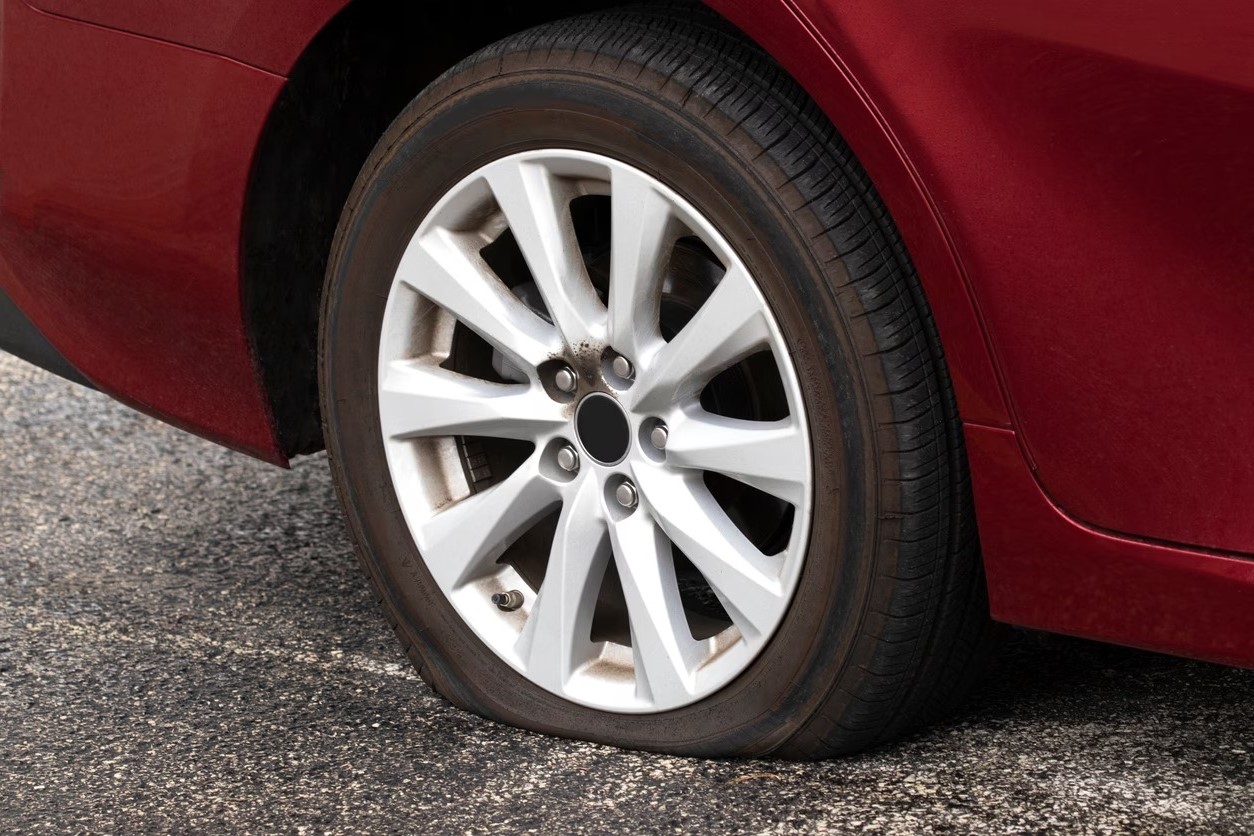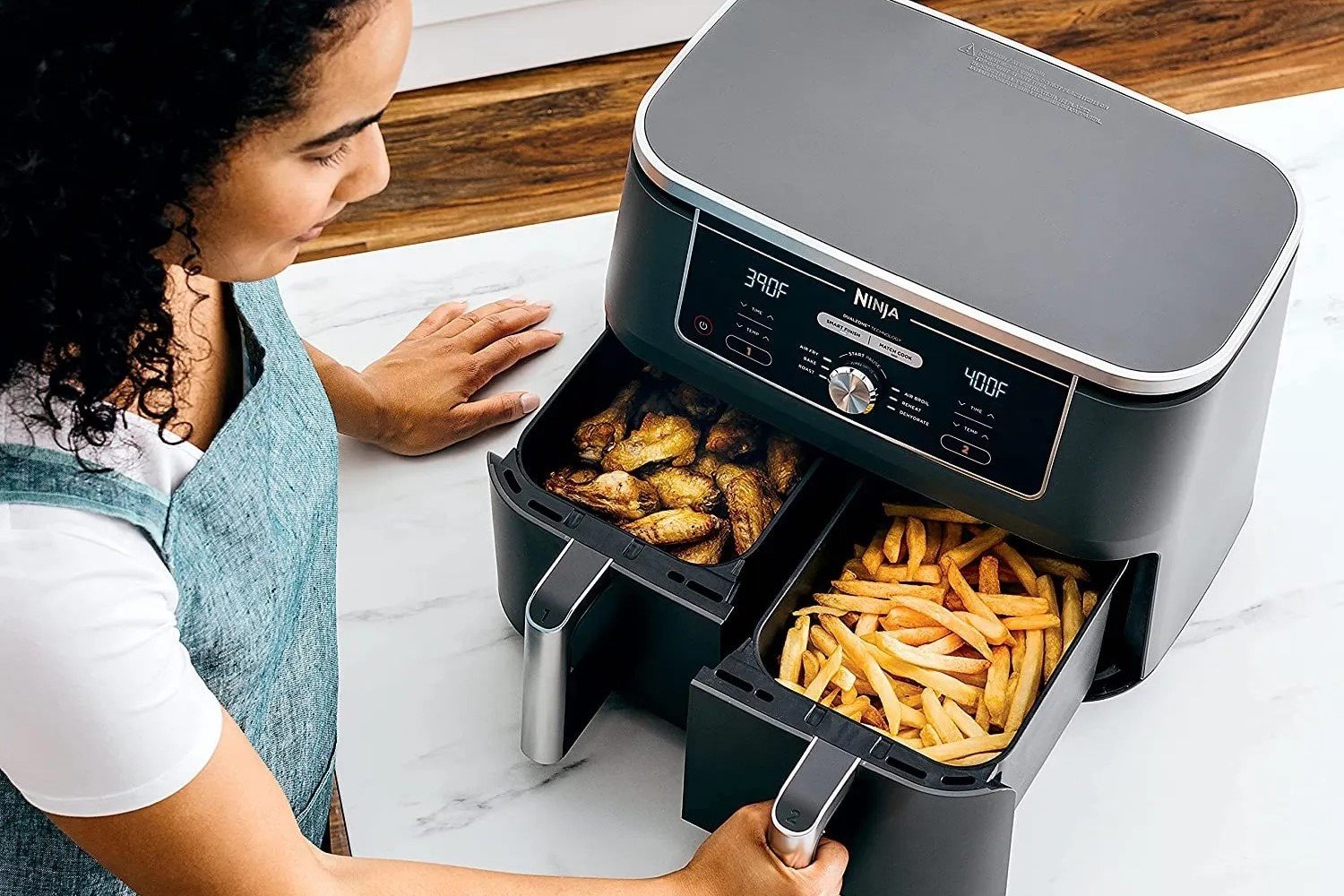Home>Home and Garden>The Surprising Reason Your Air Conditioner Keeps Shutting Off – And How To Fix It!


Home and Garden
The Surprising Reason Your Air Conditioner Keeps Shutting Off – And How To Fix It!
Published: January 18, 2024
Discover the surprising reason why your air conditioner keeps shutting off and learn effective solutions to fix it. Get expert tips for maintaining a comfortable home environment. Explore more home and garden advice now!
(Many of the links in this article redirect to a specific reviewed product. Your purchase of these products through affiliate links helps to generate commission for Noodls.com, at no extra cost. Learn more)
Table of Contents
Introduction
You're enjoying a relaxing day at home, basking in the cool comfort of your air conditioner, when suddenly, it shuts off unexpectedly. As you ponder the possible reasons for this recurring annoyance, you may have considered factors such as a malfunctioning thermostat, clogged air filters, or even a faulty compressor. While these are indeed common culprits for air conditioning shutdowns, there's a surprising reason that often goes unnoticed but can significantly impact the performance of your cooling system.
In this article, we'll delve into the common reasons why air conditioners tend to shut off unexpectedly and explore the often overlooked factor that could be causing this issue. By understanding the underlying causes, you'll be better equipped to troubleshoot and resolve the problem, ensuring that your home remains a haven of cool, refreshing air even during the hottest days of summer.
So, let's embark on a journey to unravel the mystery behind your air conditioner's sporadic shutdowns and discover the effective solutions to restore its seamless operation. Whether you're a seasoned homeowner or a first-time air conditioner owner, the insights shared in this article will empower you to tackle this issue with confidence and regain uninterrupted comfort in your living space.
Common Reasons for Air Conditioner Shutting Off
Air conditioners are essential for maintaining a comfortable indoor environment, especially during scorching summer days. However, it can be frustrating when your air conditioner frequently shuts off unexpectedly. Understanding the common reasons behind this issue is crucial for effective troubleshooting. Here are some prevalent factors that can cause your air conditioner to shut off:
-
Thermostat Malfunction: A malfunctioning thermostat is a common culprit for sudden air conditioner shutdowns. If the thermostat is not functioning properly, it may inaccurately detect the temperature in your home, leading to premature cycling of the cooling system.
-
Clogged Air Filters: Over time, air filters can become clogged with dust, dirt, and debris, obstructing the airflow and causing the air conditioner to overheat. When the system detects reduced airflow, it may shut off to prevent damage.
-
Refrigerant Issues: Inadequate refrigerant levels or refrigerant leaks can disrupt the cooling process, causing the air conditioner to shut off intermittently. Low refrigerant levels can lead to ice buildup on the evaporator coils, triggering the system to shut down as a protective measure.
-
Electrical Problems: Faulty wiring, tripped circuit breakers, or issues with the electrical components of the air conditioner can result in sudden shutdowns. Electrical malfunctions can disrupt the power supply to the system, causing it to shut off unexpectedly.
-
Dirty Condenser Coils: The condenser coils play a crucial role in releasing heat from the air conditioner. When these coils are covered in dirt and grime, the system's efficiency is compromised, leading to overheating and automatic shutdowns.
-
Blocked Vents or Registers: Blocked or obstructed vents and registers can impede the airflow in your home, causing the air conditioner to shut off prematurely as it struggles to maintain the desired temperature.
-
Overheating: Continuous operation under extreme heat conditions can cause the air conditioner's components to overheat, triggering the system to shut down as a protective measure.
Understanding these common reasons for air conditioner shutdowns is the first step toward diagnosing and addressing the issue. In the following section, we'll explore a surprising reason that may be contributing to your air conditioner's intermittent shutdowns and discuss effective strategies to resolve this persistent issue.
The Surprising Reason Your Air Conditioner Keeps Shutting Off
Amidst the common culprits for air conditioner shutdowns, there exists a surprising reason that often eludes homeowners and exacerbates the issue. This overlooked factor is none other than the presence of a dirty or obstructed evaporator coil.
The evaporator coil, located within the indoor unit of the air conditioner, plays a pivotal role in the cooling process. As warm air from your home passes over the coil, the refrigerant inside absorbs the heat, effectively lowering the air temperature before circulating it back into the living space. However, over time, the evaporator coil can become coated with a layer of dust, dirt, and other airborne particles. This accumulation acts as an insulating barrier, hindering the efficient transfer of heat and impeding the cooling process.
When the evaporator coil is encased in grime, its ability to absorb heat from the surrounding air is compromised. As a result, the air conditioner is forced to work harder to achieve the desired cooling effect, leading to increased energy consumption and, ultimately, overheating. In response to this strain, the system may shut off unexpectedly as a protective measure, preventing potential damage from prolonged operation under compromised conditions.
The impact of a dirty evaporator coil extends beyond frequent shutdowns; it also diminishes the overall efficiency of the air conditioning system. With reduced heat absorption capacity, the coil fails to effectively cool the air passing through, resulting in inadequate cooling output and prolonged running times. This not only strains the components of the air conditioner but also leads to higher energy bills and subpar comfort levels within your home.
Recognizing the significance of a clean evaporator coil is pivotal in maintaining the optimal performance of your air conditioning system. Regular maintenance and cleaning of the evaporator coil are essential to prevent the accumulation of debris and ensure unhindered heat transfer. By addressing this surprising yet impactful factor, you can mitigate the risk of frequent shutdowns, improve energy efficiency, and prolong the lifespan of your air conditioner.
In the following section, we will delve into actionable steps to effectively address the issue of a dirty evaporator coil and restore seamless operation to your air conditioning system.
How to Fix the Issue
Addressing the issue of a dirty evaporator coil is essential for restoring the optimal performance of your air conditioning system and preventing frequent shutdowns. Here are the actionable steps to effectively resolve this persistent issue:
-
Regular Maintenance: Schedule regular maintenance for your air conditioning system to ensure that the evaporator coil is inspected and cleaned by a qualified HVAC technician. Professional maintenance not only removes accumulated debris but also identifies any potential issues that could impact the efficiency of the coil.
-
Cleaning the Evaporator Coil: If you prefer a hands-on approach, you can clean the evaporator coil yourself, provided you have the necessary knowledge and tools. Start by turning off the power to the air conditioner to ensure safety. Next, access the indoor unit to locate the evaporator coil. Gently remove any visible debris using a soft brush or a vacuum with a soft brush attachment. Be cautious not to bend the delicate fins of the coil during the cleaning process.
-
Using Coil Cleaner: For more thorough cleaning, consider using a specialized coil cleaner recommended by HVAC professionals. Follow the manufacturer's instructions and safety guidelines when applying the cleaner to the evaporator coil. After allowing the cleaner to penetrate and dissolve the accumulated grime, rinse the coil with a gentle stream of water to remove the residue.
-
Maintaining Air Filters: Regularly inspect and replace air filters according to the manufacturer's recommendations. Clean air filters promote better airflow, reducing the likelihood of debris reaching the evaporator coil and contributing to its soiling.
-
Ensuring Adequate Airflow: Verify that vents and registers are unobstructed to facilitate proper airflow throughout your home. Clear any obstructions that may impede the circulation of cooled air, allowing the air conditioner to operate efficiently without strain.
-
Professional Inspection: If you continue to experience issues with your air conditioner despite cleaning the evaporator coil and maintaining airflow, seek the expertise of a professional HVAC technician. They can conduct a comprehensive inspection to identify any underlying issues that may be contributing to the frequent shutdowns, ensuring a thorough resolution of the problem.
By implementing these proactive measures, you can effectively address the issue of a dirty evaporator coil and restore the seamless operation of your air conditioning system. Taking a proactive approach to maintenance and cleanliness not only mitigates the risk of unexpected shutdowns but also enhances the overall efficiency and longevity of your air conditioner, ensuring consistent comfort within your home.
Remember, a well-maintained evaporator coil is the cornerstone of efficient cooling, and by prioritizing its cleanliness, you can enjoy uninterrupted comfort while optimizing the performance of your air conditioning system.
Conclusion
In the realm of air conditioning troubleshooting, the unexpected shutdown of your cooling system can be a source of frustration and discomfort. While common factors such as thermostat malfunctions, clogged air filters, and refrigerant issues are often scrutinized, the surprising reason that often goes unnoticed is the presence of a dirty or obstructed evaporator coil. This overlooked component plays a pivotal role in the cooling process, and its cleanliness directly impacts the efficiency and reliability of your air conditioner.
By unraveling the mystery behind your air conditioner's sporadic shutdowns, we've shed light on the critical role of the evaporator coil and its susceptibility to accumulating debris over time. The impact of a dirty evaporator coil extends beyond mere shutdowns, encompassing decreased efficiency, increased energy consumption, and compromised cooling performance. Recognizing the significance of maintaining a clean evaporator coil is essential for preserving the longevity and optimal functionality of your air conditioning system.
As we've explored the actionable steps to address this issue, it becomes evident that regular maintenance, diligent cleaning, and ensuring unobstructed airflow are fundamental in mitigating the risk of frequent shutdowns and optimizing the performance of your air conditioner. Whether through professional HVAC inspections or hands-on cleaning, prioritizing the cleanliness of the evaporator coil is a proactive investment in the seamless operation of your cooling system.
In conclusion, the journey to resolving the surprising reason behind your air conditioner's shutdowns culminates in a deeper understanding of the critical role played by the evaporator coil. By acknowledging its susceptibility to debris accumulation and taking proactive measures to maintain its cleanliness, you can alleviate the persistent issue of unexpected shutdowns and ensure consistent comfort within your home. With these insights and actionable strategies at your disposal, you are empowered to safeguard the efficiency and reliability of your air conditioning system, allowing you to enjoy uninterrupted cool comfort, even amidst the sweltering heat of summer.
